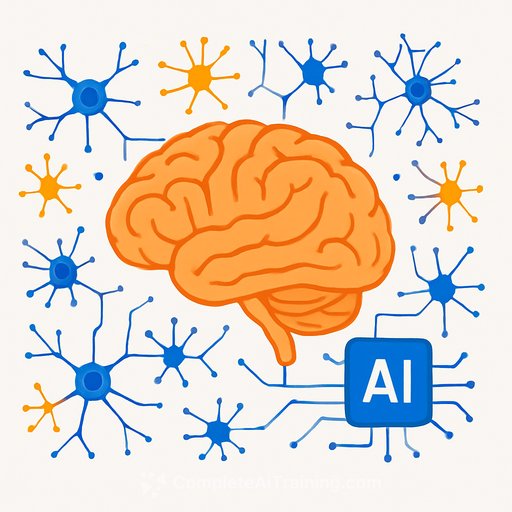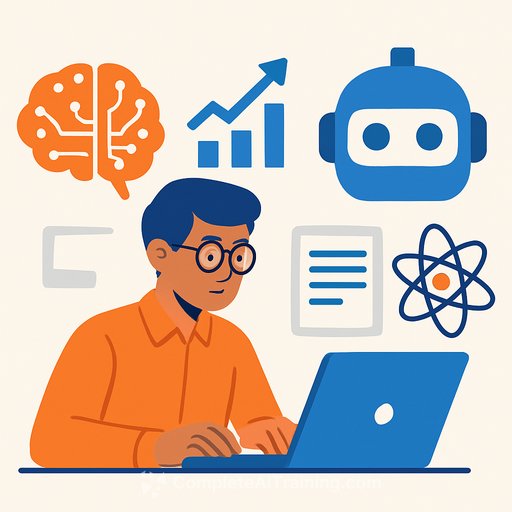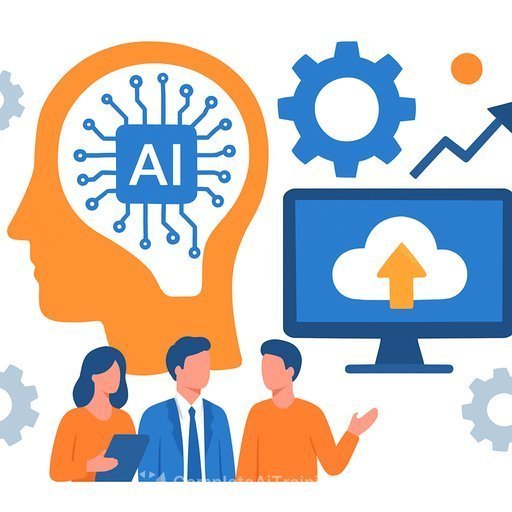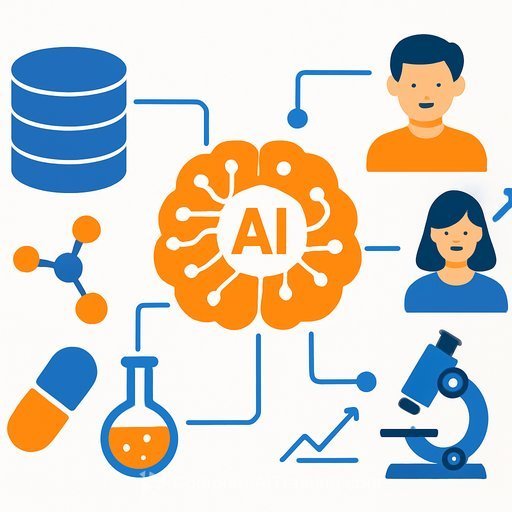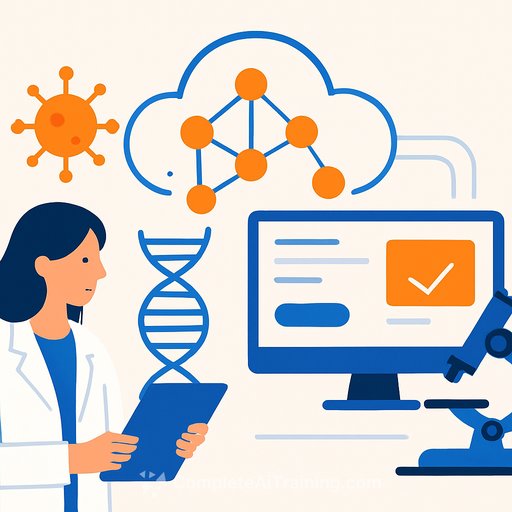Brain Knowledge Platform: A Shared Map of the Brain for Faster Discovery
The Allen Institute has launched the Brain Knowledge Platform (BKP), an open resource built to standardize and connect neuroscience data at scale. It launches with data from more than 34 million brain cells and unifies multimodal datasets - including single-cell and spatial transcriptomics - into one common format.
This matters because labs have long used different species, modalities, and labels for cell types. BKP gives the field a shared language and a searchable map so teams can compare findings directly, reduce duplication, and move from questions to experiments much faster.
What's inside
- Unified cell type taxonomy across species and modalities, reducing ambiguity in labels and annotations.
- Side-by-side views of healthy and disease states for conditions such as Alzheimer's and Parkinson's.
- Natural-language search across molecules and cell features to surface relevant cells, datasets, and patterns.
- Built-in catalog of genetic tools so researchers can act on findings immediately in their own labs.
- Cloud-scale infrastructure in partnership with Amazon Web Services and AI model development with Google.
Why it's useful for your lab
- Plan studies faster: start with a shared cell type vocabulary and validated references instead of reconciling mismatched taxonomies.
- Interrogate mechanisms: trace how a cell type shifts across health and disease and prioritize targets tied to specific phenotypes.
- Avoid reinvention: discover related work and datasets in one place and build directly on prior results.
- Go from insight to action: request genetic tools linked to the exact cells you want to test.
How AI helps
BKP applies AI to reveal links across datasets that are hard to spot manually. For example, a team studying a cell type implicated in Parkinson's can query how that same cell behaves in healthy tissue, Alzheimer's cohorts, or other conditions, then flag shared markers or divergent pathways worth testing.
Researchers can use plain-language prompts to search for molecules, features, or cell types and quickly surface comparable data across labs, species, and methods. The goal: spend less time reconciling data and more time generating testable hypotheses.
From quote to practice
"The field has long suffered from fragmentation," noted Shoaib Mufti of the Allen Institute, pointing to disconnected modalities and inconsistent labels. BKP tackles that head-on by uniting massive, high-resolution datasets in one easy-to-explore environment.
"This is a common language for brain cell types, much like the Human Genome Project did for genes," added Joseph R. Ecker, Ph.D. The platform builds on more than a decade of brain mapping and extends those maps with detailed cell type information, as highlighted by Hongkui Zeng, Ph.D.
Example workflows
- Target discovery: identify cell types most altered in Parkinson's, compare across multiple datasets, and shortlist molecules for follow-up.
- Cross-disease analysis: examine whether a vulnerable cell population in Alzheimer's shows similar signatures in ALS or frontotemporal dementia.
- Immediate experiments: after flagging an interesting cell type, obtain genetic tools from the platform and start in-lab validation.
Collaboration without silos
The platform connects datasets so labs don't spend months reproducing what already exists. By making work discoverable and interoperable, it helps the community treat the brain more like a complete system - and prioritize experiments that move the field forward.
Access and support
- Explore the Allen Institute's open science resources: alleninstitute.org
- Backed by the NIH's BRAIN Initiative: braininitiative.nih.gov
Upskilling your team
If your group is building AI skills for data-rich neuroscience, see practical training paths organized by role: Complete AI Training - Courses by Job.
Your membership also unlocks:

